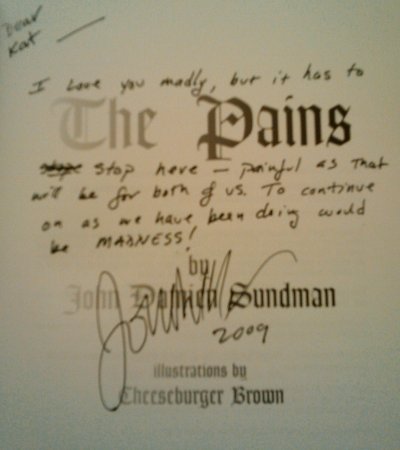Neutrino-class Wetmachiner David Newsom has his own blog. He’s a fine actor & photographer but a no-good bum, of course, because he now does most of his blogging on the above-linked site, instead of here at Wetmachine among us regular folks who might wear a tennis shoe or an occasional python boot, where he belongs. So why do I link to him at all, you ask?
Because of the photos, man. And the stories. The photos and the stories. Check ’em out. That is all.





